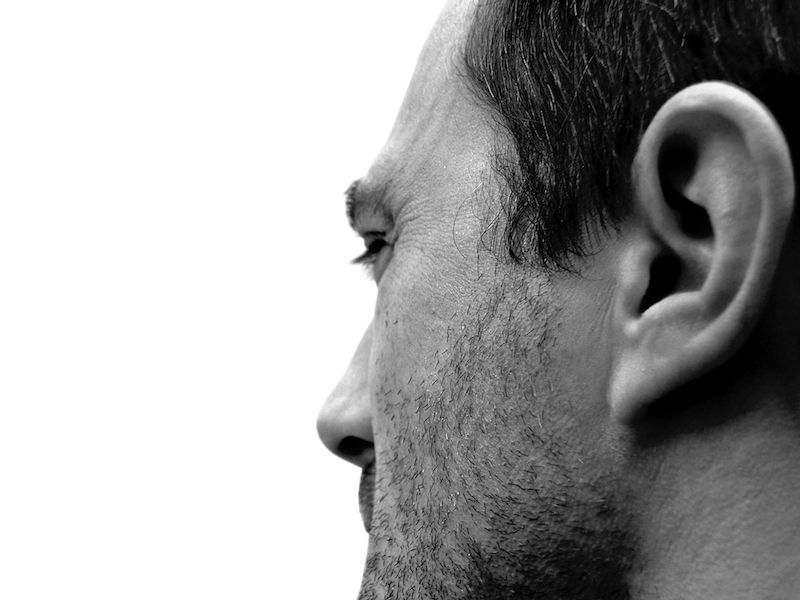
There is an inconsistency in symptoms of tinnitus; they seem to appear and vanish, often for no evident reason at all. Maybe you’re climbing into bed one night and, seemingly without warning, your ears start ringing badly. No matter how long you lie in bed and think about the reason why you hear this buzzing, you can’t come up with any triggers during your day: There is no noticeable reason why, at 9 PM, ringing starts happening, no noisy music, no loud fire alarms, nothing.
So maybe it’s the something you ate. Typically we don’t connect the idea of food with hearing, but there’s a bit of research and evidence to suggest that tinnitus can be made worse by some foods. The secret for you is knowing what those foods are, so you can avoid them.
Some Foods That Trigger Tinnitus
Let’s just cut right to the chase, shall we? You would like to know what foods you should stay away from so you can be sure you never have to experience one of those food-produced tinnitus episodes again. Some foods to avoid could include:
Alcohol
Alcohol and tobacco should be at the top of the list of things to stay away from. You will certainly want to avoid drinking and smoking so that you can decrease your risk of a tinnitus episode even though tobacco isn’t actually a food.
Your general health can be significantly affected by alcohol and tobacco specifically your blood pressure. Your tinnitus is progressively more likely to flare up the more you smoke and drink
Sodium
Your blood pressure is one of the biggest predictors of tinnitus flare ups. Your tinnitus gets worse when your blood pressure goes up. That’s why when you make your list of foods to avoid, sodium needs to be at the top. Whether you enjoy french fries or just put salt on everything, you’ll want to cut way, way back.
There are many foods that are remarkably high in sodium, too, such as ice cream (which you don’t usually think of as tasting very salty). But to prevent any sudden tinnitus episodes you will want to keep your eye on sodium content.
Fast Food
If you’re staying away from sodium, it should come as no surprise that you should also be avoiding fast food. Even fast food places that boast of being a more healthy option serve food that is extremely high in sodium and fat. And, once again, that’s going to have a huge consequence on your blood pressure and, consequently, your tinnitus. Fast food restaurants also tend to serve shockingly big beverages, and those beverages are very high in sugar. Which brings up the next food you should avoid.
Sugars and Sweets
We all love candy. Well, maybe not everybody, but the majority of us. Every once in a while, you’ll encounter someone who actually prefers veggies over chocolate. We try not to pass judgment.
Unfortunately, sugar can really throw off the stability of glucose in your body. And a little disruption of your glucose stability can cause you to have a hard time trying to sleep. In the silence of the night, as you lie there awake, it becomes a lot easier to begin to hear that ringing.
Caffeine
So, we saved caffeine for last because, well, we get it. Quitting this one is a tough pill to swallow. But your sleep cycle can be significantly affected if you drink any kind of caffeine later in the day. And the worse your quality of sleep, the more your tinnitus is likely to flare up.
So it’s not actually the caffeine itself that’s the problem, it’s the lack of sleep. Drink your coffee or tea in the morning, and change to a non-caffeinated drink before dinner.
What Are Your Best Practices?
This list is by no means exhaustive. Your hearing professional is the best place to begin concerning the dietary modifications you need to undertake. Let’s remember that dietary changes affect everyone in a different way, so in order to monitor what is working and what isn’t, it may be a smart idea to keep a food journal.
Going ahead you will have an easier time making practical decisions if you recognize how particular foods affect you. When you begin to track what you eat, and what happens to your ears subsequently, you might start to notice patterns, and that can take some of the mystery out of your tinnitus symptoms.
If you go for that last cup of coffee, at least you know what you’re dealing with.